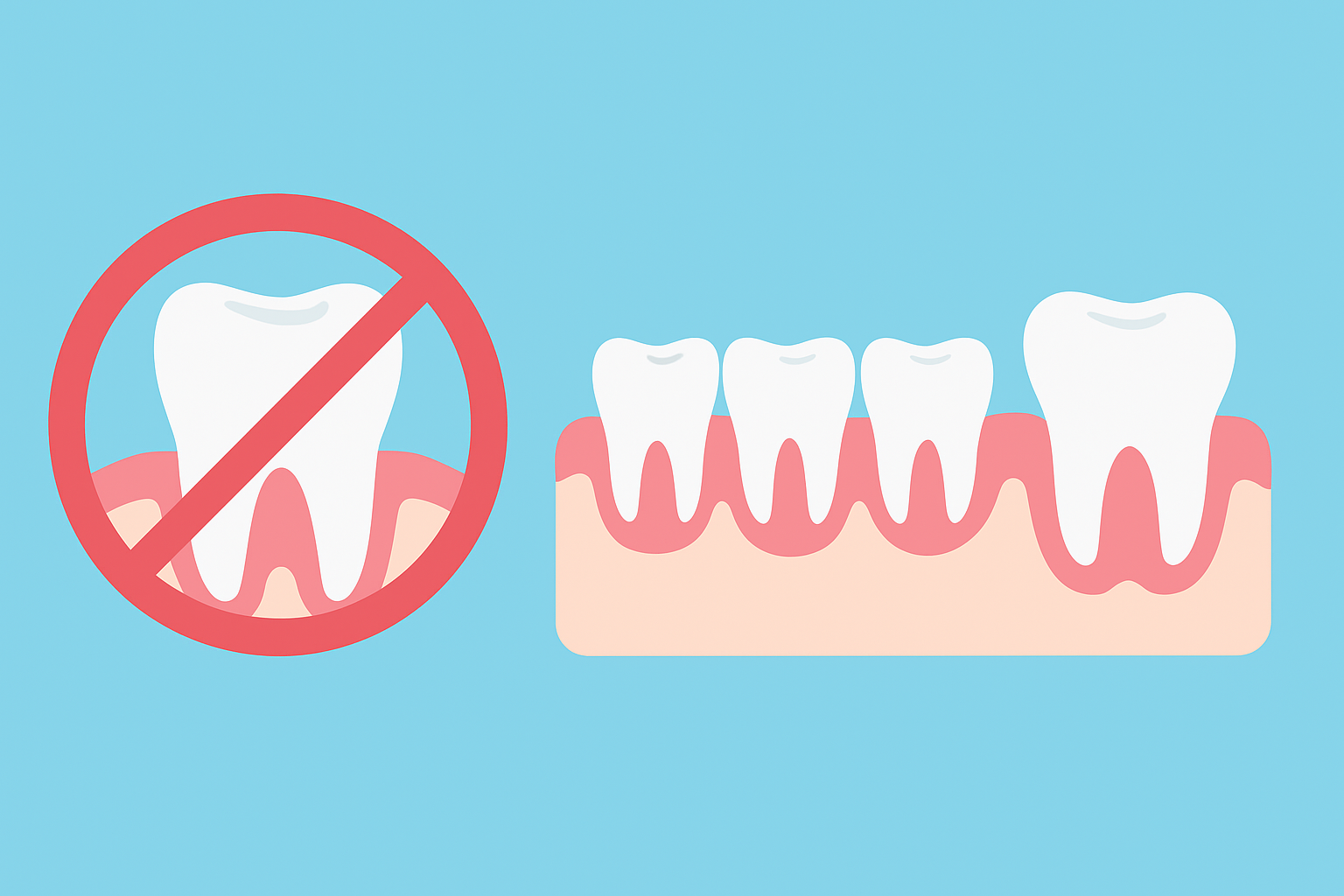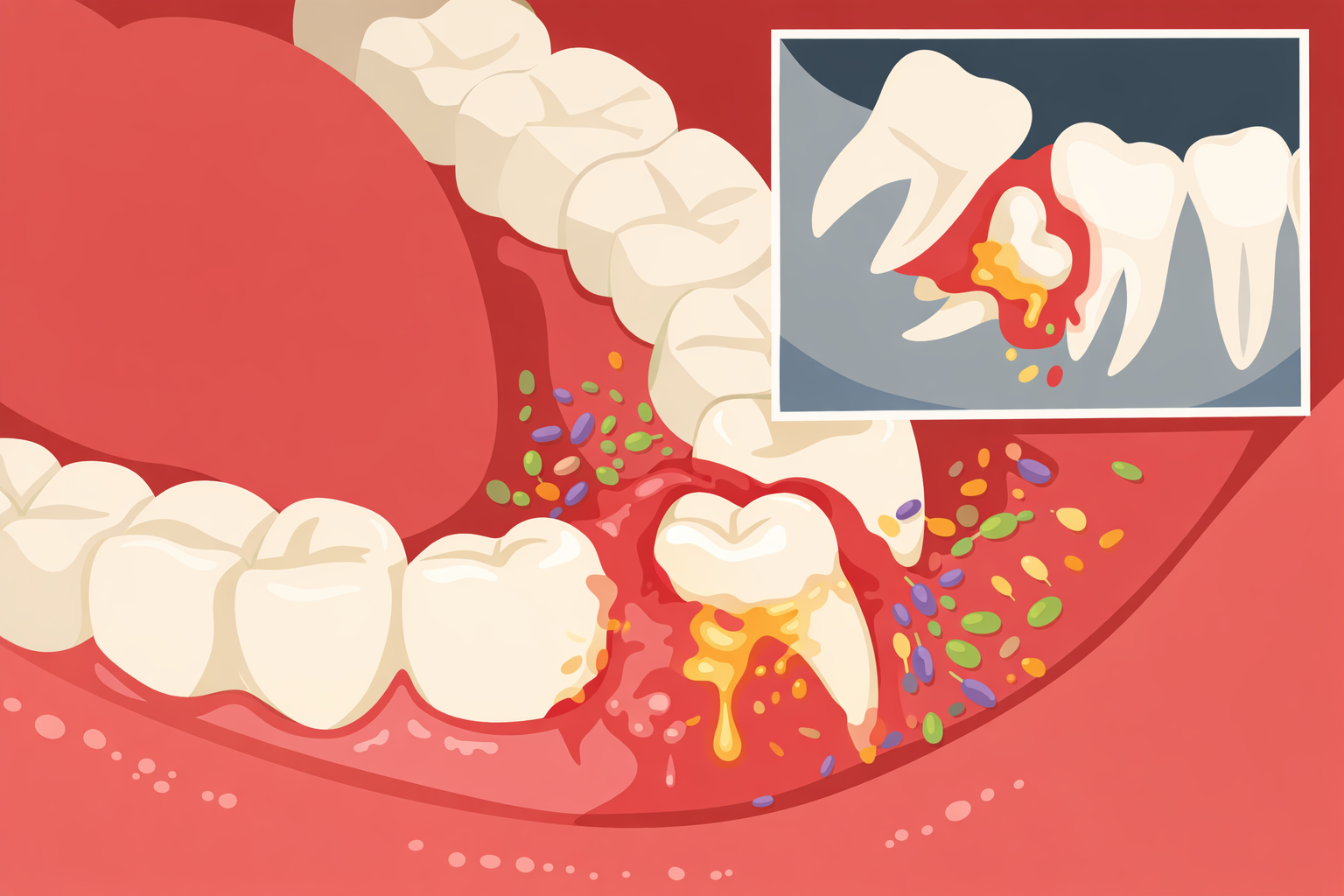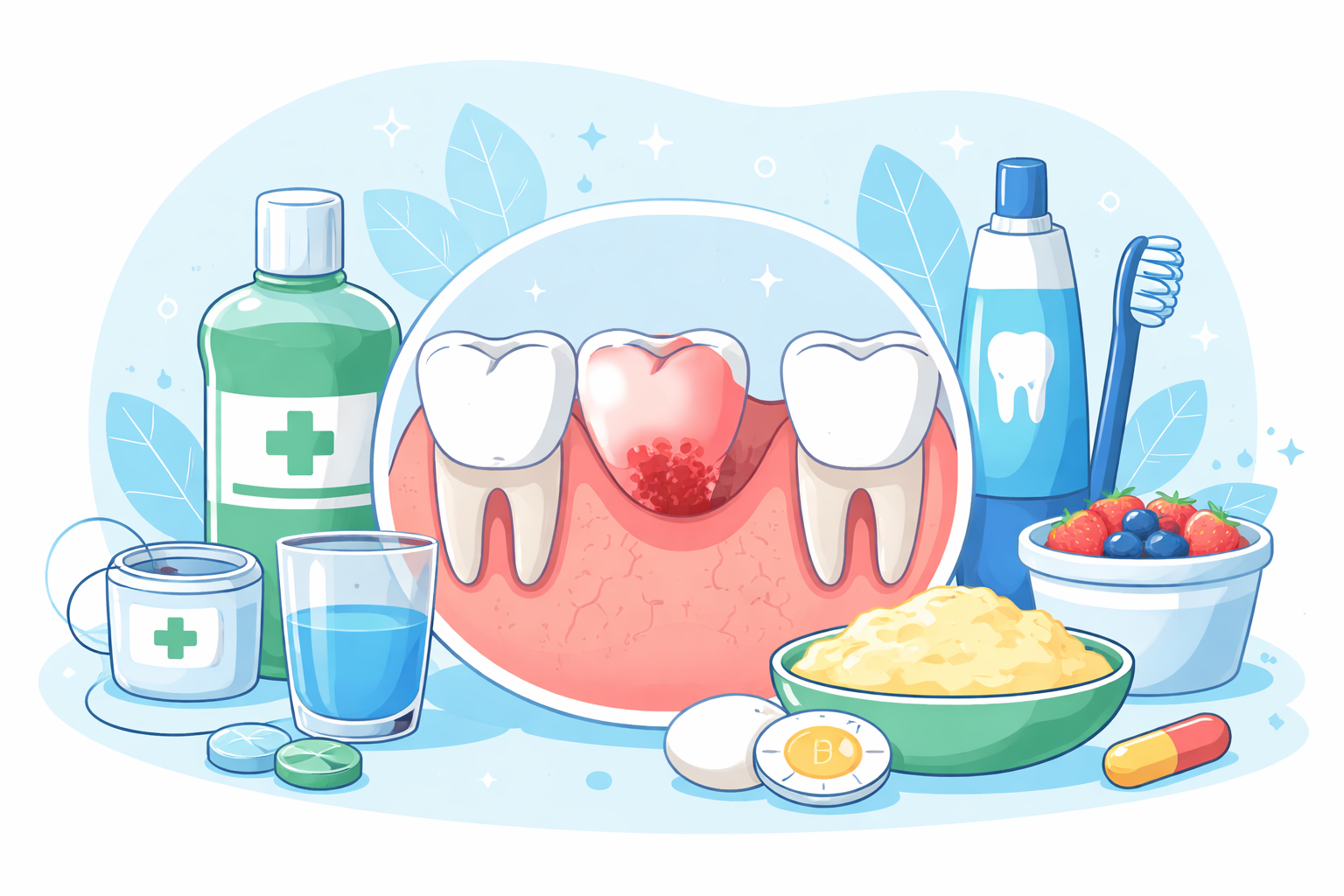Do You Really Need Your Wisdom Teeth Removed? A Practical, No-Nonsense Guide

Wisdom teeth, or third molars, have earned a reputation for being troublemakers—but the truth is more nuanced. Yes, some people genuinely need them removed. But many others don’t. Modern research, updated dental guidelines, and a better understanding of how these teeth behave show that not everyone needs their wisdom teeth extracted.
In this guide, you’ll get a clear, research-backed look at when removal is necessary, when it isn’t, and how to figure out which group you fall into.
Why We Even Have Wisdom Teeth
A Little Evolutionary Backstory
Wisdom teeth made perfect sense thousands of years ago. Early humans relied on tough, fibrous diets and often lost teeth young due to wear and damage. A third set of molars acted as built-in replacements.
Now, thanks to softer diets, better nutrition, and modern dentistry, most of us don’t lose teeth early—and our jaws have become smaller over time. That mismatch is why wisdom teeth often erupt crooked, get stuck, or cause discomfort today.
To put it simply: evolution hasn’t caught up, so wisdom teeth are nature’s backup plan that many of us don’t actually need.
Why Dentists Commonly Recommend Removal
Even though not all wisdom teeth are problematic, removal is still common—and for good reasons in certain cases.
Crowding and Alignment Problems
Many jaws simply aren’t large enough to fit 32 teeth. When wisdom teeth erupt in a cramped mouth, they can push against nearby molars, undo orthodontic work, or shift teeth out of alignment. This is one of the biggest reasons dentists recommend extraction.
Pain and Pressure
As wisdom teeth break through the gums, they can cause intense pressure or radiating pain into the jaw, temple, or ear. Some people experience temporary discomfort; others experience chronic pain that only worsens over time.
Infection and Decay Risks
Partially erupted wisdom teeth are magnets for trouble. They create small gum flaps where bacteria and food debris get trapped. This can lead to:
- gum infections
- cavities
- swelling
- foul taste or odor
Since these teeth are located so far back, they are notoriously hard to clean—even for people who are diligent with oral hygiene.
Cysts or Tumors
While less common, cysts may form around impacted wisdom teeth. These fluid-filled sacs can damage bone, nearby teeth, or even nerves if not treated. Rarely, tumors can develop as well.
If you’re curious about early warning signs, you can check out guides such as common symptoms that indicate wisdom teeth removal.
When Wisdom Teeth Don’t Need to Be Removed
Here’s the part many people never hear: a lot of wisdom teeth can stay right where they are.
Updated guidelines—like those from the American Dental Association and the UK’s National Institute for Health and Care Excellence—point toward a case-by-case approach, not automatic removal.
Fully Erupted and Aligned
If your wisdom teeth have erupted fully, fit well in your bite, and don’t crowd other teeth, they’re probably harmless.
No Infection, Decay, or Gum Issues
Healthy wisdom teeth that are cavity-free and free of gum disease can safely stay in your mouth. You just need regular exams to make sure they remain problem-free.
Enough Jaw Space
Some people naturally have more room in their jaws—these individuals can support all 32 teeth without crowding.
Easy to Clean
If you can brush and floss your wisdom teeth without discomfort or obstruction, the risk of issues is much lower.
What the Latest Research Says About “Keep or Remove”
The Trend Toward Conservative Management
Recent research shows no strong evidence that removing symptom-free, disease-free wisdom teeth prevents future problems. In fact, many adults live their entire lives with all four wisdom teeth intact and healthy.
Professional Guidelines
Many dental organizations—like the ADA—no longer support routine, preventive removal. Instead, they recommend:
- monitor the teeth
- evaluate risk factors
- only remove when real problems appear or are highly likely
This shift moves dentistry away from the old “remove them before they cause trouble” mindset and toward “remove them if they actually are trouble.”
Pros and Cons of Keeping Your Wisdom Teeth
Keeping your wisdom teeth has its benefits—but also potential downsides. Understanding both helps you make an informed decision.
Benefits of Avoiding Removal
- No surgical risks
- No swelling, bleeding, or recovery
- No missed work or school
- No surgical cost (especially helpful if you’re uninsured)
If you’re comparing costs, you may find resources like how to manage wisdom teeth removal without insurance useful.
Risks of Keeping Them
- Trouble may develop later
- Impacted teeth can shift or damage nearby teeth
- Harder extraction later in life due to denser bone
- Greater risk of gum issues around tightly positioned molars
This is why regular monitoring is essential.
How Dentists Decide Whether Removal Is Needed
What Your Dentist or Oral Surgeon Evaluates
During your exam, your provider will assess:
- tooth position
- gum health
- bite alignment
- space in the jaw
- eruption pattern
- potential for interference with other teeth
Diagnostic Imaging
X-rays or panoramic scans reveal what you can’t see: impacted teeth, bone structure, cysts, nerve proximity, and the direction of eruption.
Ongoing Monitoring
If your wisdom teeth are healthy and stable, your dentist may recommend checkups every 6–12 months. This approach—called watchful waiting—helps catch potential issues early without undergoing surgery unnecessarily.
What Life Looks Like If You Keep Your Wisdom Teeth
Diet and Lifestyle Considerations
Keeping wisdom teeth means taking oral hygiene seriously. Sticky foods, smoking, and inconsistent brushing can raise the risk of infection or decay.
Hygiene Tips
- Use an angled toothbrush to reach the back molars
- Consider a water flosser
- Use antiseptic mouthwash if recommended
- Schedule routine cleanings to remove buildup
These simple habits dramatically reduce risk.
Warning Signs It Might Be Time for Removal
Even if you’ve kept your wisdom teeth for years, new symptoms can appear. Pay attention to:
Pain or Swelling
Often linked to infection or inflammation.
Gum Redness or Pus
A classic sign of pericoronitis—a gum infection triggered by partially erupted wisdom teeth.
Bad Odor or Taste
Often due to trapped debris or bacterial buildup.
Jaw Tightness or Difficulty Chewing
This may occur if the tooth is pushing on a nerve or causing internal pressure.
If any of these sound familiar, it’s a good idea to review guides on what to expect during wisdom tooth removal and recovery tips after extraction to prepare.
Alternatives to Immediate Removal
Watchful Waiting
This is a structured monitoring approach. No surgery unless truly needed.
Preventive Monitoring
Your dentist may schedule annual x-rays to watch for bone changes, cysts, or evolving impaction patterns.
Neither option involves surgery unless symptoms develop.
Common Myths About Wisdom Teeth
“Everyone has to get them removed.”
Many people never do—and never have a problem.
“Wisdom teeth always cause issues.”
Not true. When they erupt properly, have room, and stay healthy, they can function normally.
“Leaving them in is unsafe.”
If monitored regularly, many adults safely keep their wisdom teeth throughout their lives.
Final Thoughts: Should You Keep or Remove Your Wisdom Teeth?
There’s no one-size-fits-all answer. Some people need them removed immediately, others never need them removed at all, and many fall somewhere in between.
The smartest approach is personalized care:
- get regular dental checkups
- rely on imaging
- monitor changes
- weigh both risks and benefits
Sometimes, the wisest choice is to do nothing—at least for now. But staying informed and staying proactive ensures you’ll know when (or if) it’s time to take action.

Early vs. Late Wisdom Tooth Removal: Which Is Better?
January 7, 2026

Gum Flap Infection Around Wisdom Teeth: Causes & Care
February 12, 2026

What Drinks Are Safe After Wisdom Tooth Removal?
November 12, 2025

Are Dental Implants Worth It?
January 21, 2026

How to Protect Your Other Teeth After an Extraction
January 19, 2026